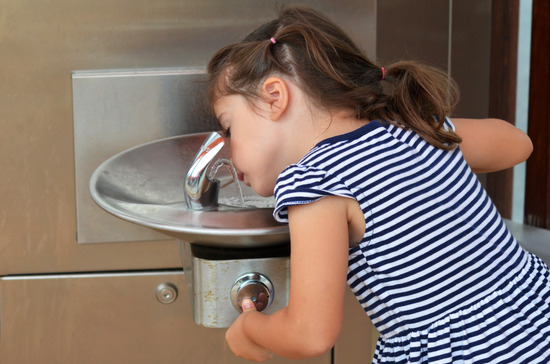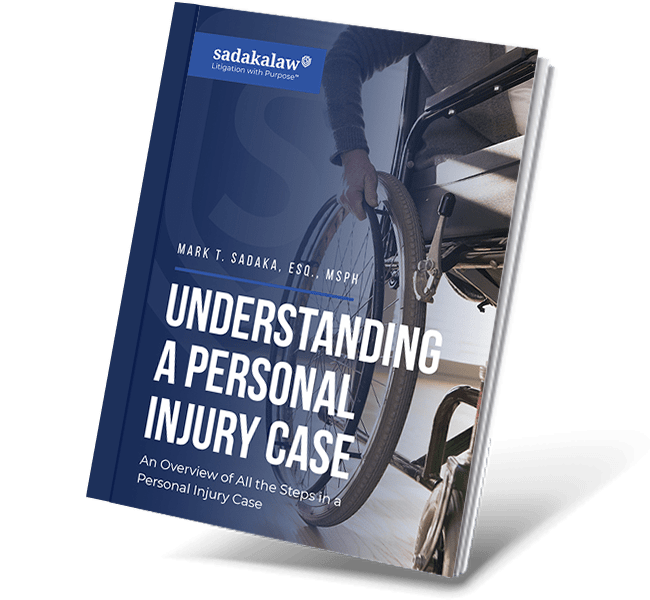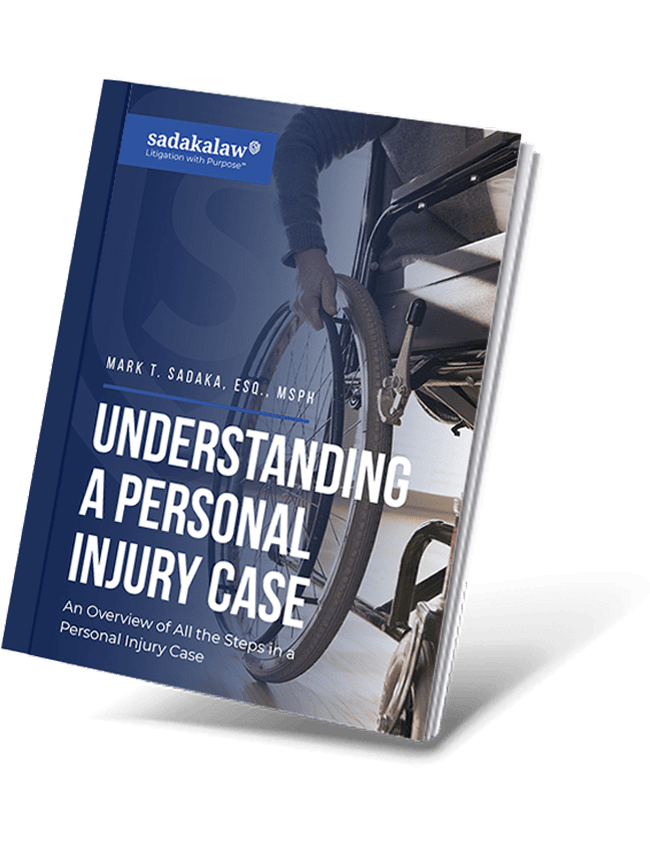
Over the past several months New Jersey families have seen a surge of reports revealing unsafe levels of lead in public school water. New Jersey residents are aware of the potential for lead contaminated water. However, the recent reports have many residents wondering how this could happen and what can be done to safeguard school children.
The Centers for Disease Control and Prevention (“CDC”) warns that lead contamination exposure can be dangerous to anyone, regardless of age. However, children are especially at risk as high levels of lead in the blood can stunt a child’s mental development and cause organ damage. The CDC states that, in fact, no level of lead is safe and even small amounts can negatively impact a child’s intellectual development. According to the Environmental Protection Agency (“EPA”), any amount of lead above 15 parts per billion is unsafe.
Perhaps surprisingly, there are no federal or state requirements for schools to test their water, and similarly no requirements that New Jersey schools release the findings of any tests they do conduct. For example, the Jersey City Public Schools discovered unsafe levels of lead contamination in eight schools’ drinking fountains dating back to 2006, and more discovered from 2008 to 2012. However, it was not until 2013 that officials established a comprehensive response to the contamination. Similarly Newark School District did not reveal their 2012 findings of contamination until recently. Paterson School District only recently released their findings, and when asked why the findings were not revealed sooner, one Paterson spokeswoman, Terry Corallo, stated: “Nobody asked us for them before.”
Why is there No Federal or State Requirement to Test for Lead Contamination in Schools?
Previously, the United States Congress passed a law regulating lead contamination. In 1988, Congress passed the Lead Contamination Control Act which required schools to remove lead, conduct ongoing testing, and remediate any contamination. In 1996, however, a federal appeals court struck down the portion of the law that applied to schools holding that the law violated the 10th Amendment, federalism balance. Congress has not since acted on the matter, and the only applicable federal regulation is a 1991 EPA rule that requires periodic lead tests by public water systems, which would include any system from major water utilities to small wells.
However, the majority of schools do not fall under the EPA testing rule because they receive their water from utilities. It is the utilities that are responsible for testing and treating the water, even though the risk of contamination comes after the water has left the utilities and enters the infrastructure of the schools themselves. Many New Jersey schools were built with pipes fused together with lead, and the lead can leach into otherwise clean water as it passes through the school’s pipe system. Lead contaminated water in schools is essentially unregulated as the vast majority of lead contamination occurs after the tested water reaches the school.
Which Schools Have Reported Lead Contamination?
As discussed above, we cannot precisely determine the exact number of schools in New Jersey with lead contamination because there are no state or federal requirements to test or disclose findings of lead contaminated water. However, many school districts have begun to either release their previous findings or to test their water.
Based on current news and school district announcements, below is a list of the school districts that are now reporting contamination:
[columnize]
Bergenfield
Bridgewater-Raritan Regional
Cliffside Park
Demarest
Emerson
Hamilton
Jersey City
Leonia
New Brunswick
Newark
Parsippany-Troy Hills
Paterson
Saddle Brook
West Windsor-Plainsboro Regional
[/columnize]
Learn more about NJ Hazardous Checmicals.


